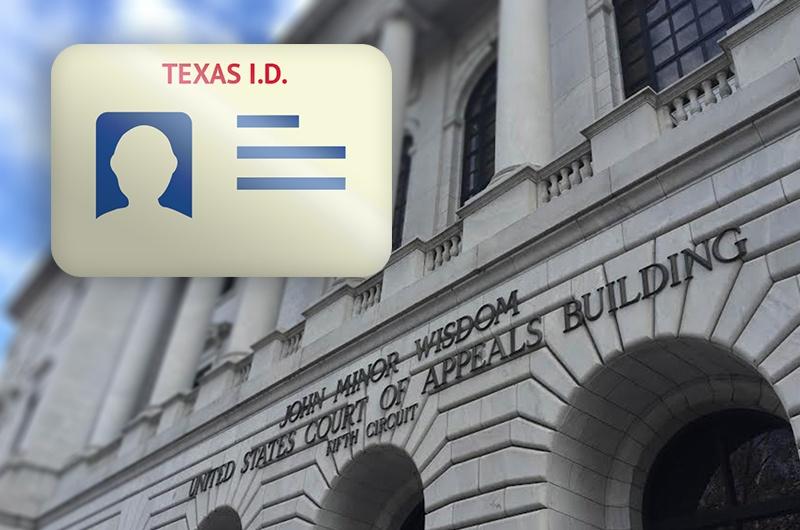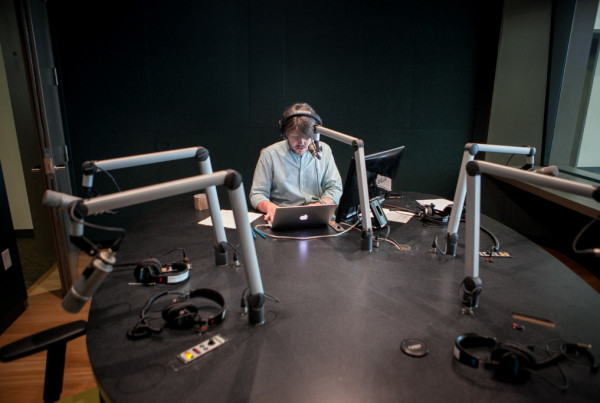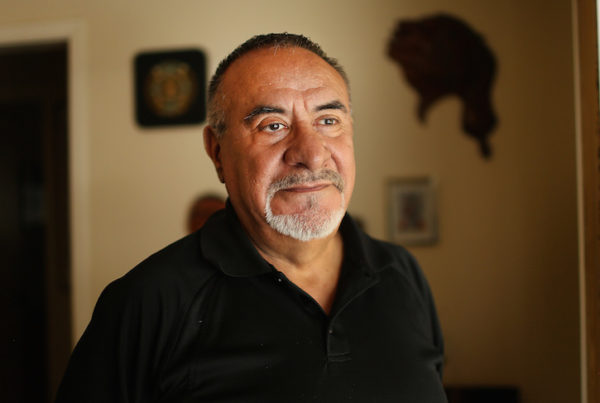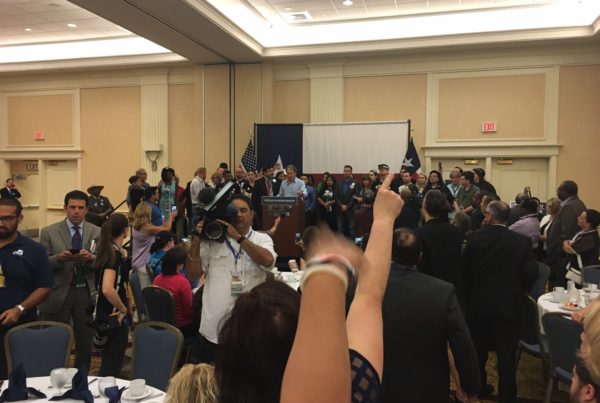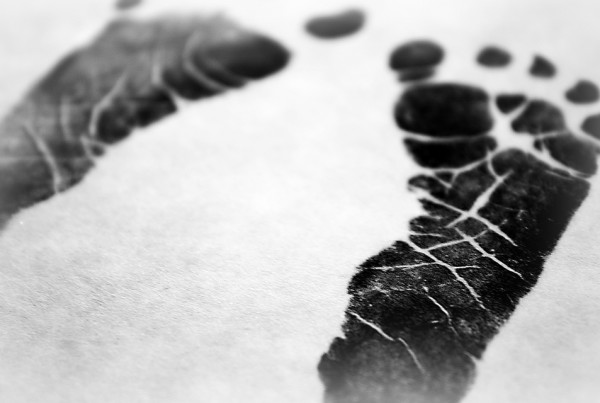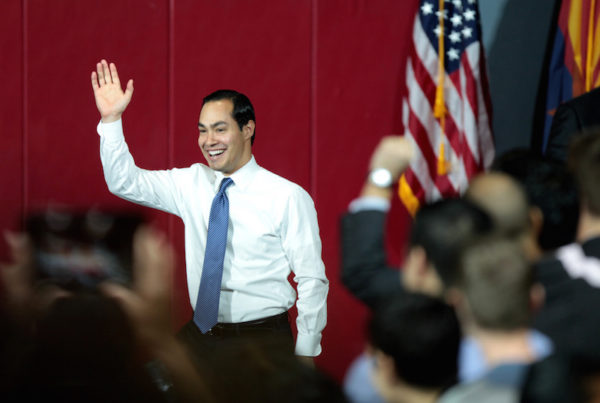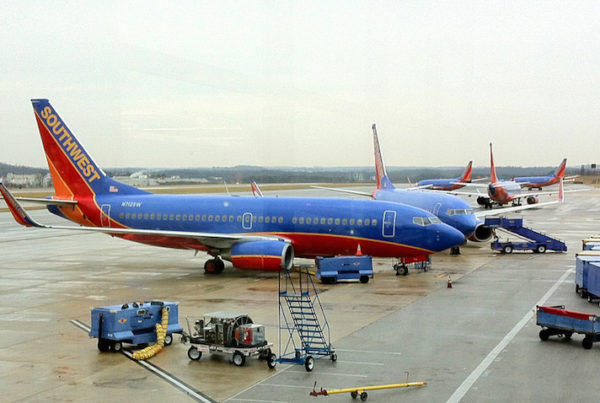From KUT:
Last week, a federal appeals court ruled Texas’ voter ID law makes it harder for minorities to vote. The state was told it could no longer enforce the law as is.
Early voting in the first election since that ruling is now underway, so that special election in Bexar County is following a new set of rules.
Voters started heading to the polls yesterday in a special election for House District 120, the race to replace state Rep. Ruth Jones McClendon, who retired this year, and the timing of the voter ID ruling had lawyers scrambling.
“We were informed of the election I think on Friday morning. And we finished our negotiations at two o’clock in the morning Saturday morning,” said Ezra Rosenberg with the Lawyers Committee for Civil Rights Under Law and a member of the legal team that represented a group of Texas voters fighting the state’s law.
Rosenberg said he and other lawyers worked with the state to hammer out a temporary plan until they decide on something solid for November. And, according to Alicia Pierce, a spokesperson for the Texas Secretary of State’s office, this is what they came up with:
“Unlike other elections that we have had since 2013, if the voter doesn’t have an approved form of photo ID when they get to the polls, they can sign a legal form that basically says they have a reasonable reason that they don’t have that, and they will need to provide some supporting documentation.”
That supporting documentation could be a voter registration card, utility bill, bank statement or paycheck. Pierce said if a voter doesn’t have any of those, they can provide their birth date or Social Security number.
And with all of that, the voter will be able to cast a provisional ballot. But unlike before last week’s ruling, that provisional ballot will be counted. And while he says it’s better than the system before, Rosenberg cautions these aren’t the final changes to the law.
“Because of the very crushed time period, this does not represent the final position in terms of any interim remedy that the parties agree to for the November election,” he said.
And one of the lawyers who worked alongside Rosenberg, Chad Dunn, said this is more like the bare minimum of changes to the law.
“I would describe it sort of as the beginning, or the floor, of what relief we are looking at for the November presidential election. But the point is for folks who don’t have access to one of the restrictive list of IDs that the state decided to adopt, there is going to be relief for them in November,” Dunn said. “They are going to be able to vote a full ballot.”
If the plaintiffs in the case and Texas officials don’t come up with a remedy for November together, a federal judge will make a final decision. But, there is no exact timeline for that. For now, a judge will hear possible fixes on Aug. 17.


